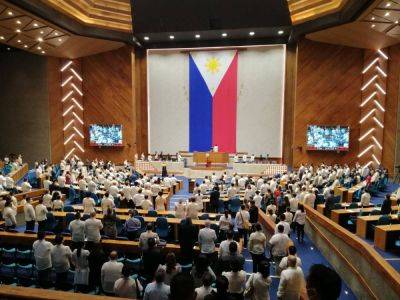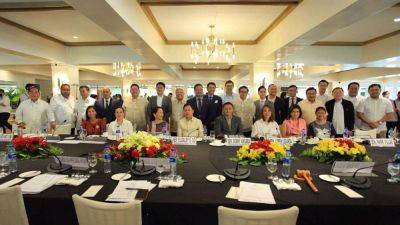DOLE hints at amending contractualization policies
AMID the continued presence of contractual employment in the country, the Department of Labor and Employment (DOLE) yesterday hinted at implementing changes in existing government policies on contractualization.
In a television interview, Labor Secretary Bienvenido Laguesma said they are currently reviewing existing DOLE policies on contractualization.
“The revision of existing department orders is still pending and continuing in our efforts to protect our workers and their employment statuses adequately,” said Laguesma.
Back in 2017, the DOLE issued Department Order (DO) No. 174 setting the regulations for contracting and subcontracting work arrangements.
A subsequent study by the Institute for Labor Studies (ILS) showed that the DO “needs refinement” to improve the efficiency of the processes and procedures involved.
Contractualization is defined as a situation where a company hires workers on fixed-term contracts instead of being hired as regular employees; while “endo” is a form of contractualization, which involves companies giving workers temporary employment that lasts for less than six months.
Last July, the Federation of Free Workers (FFW) claimed that more than 23 million workers are still employed on a contractual basis, including ‘endo’, ‘555’, or those supplied by manpower agencies and cooperatives.
While the review of DO 174-17 is ongoing, Laguesma said the department is enhancing its implementation of the existing policies to ensure the rights of workers.
By this, he said the DOLE must continue to conduct labor inspection activities to check on business establishments and their compliance with the policy.
“We must look into the compliance of the companies in the regularization of their workers to prevent job displacement,” said Laguesma.







